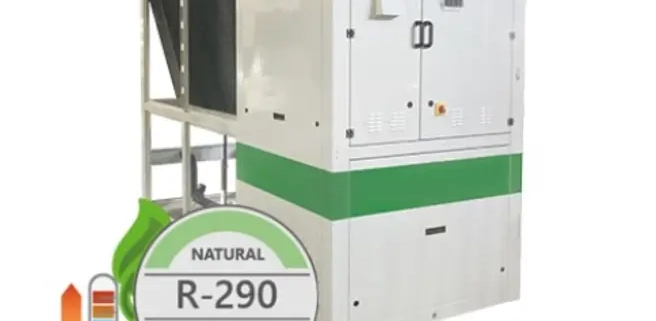 Flexiheat UK
Flexiheat UKCommercial Air Source Heat Pumps: Maximizing Energy Efficiency for Businesses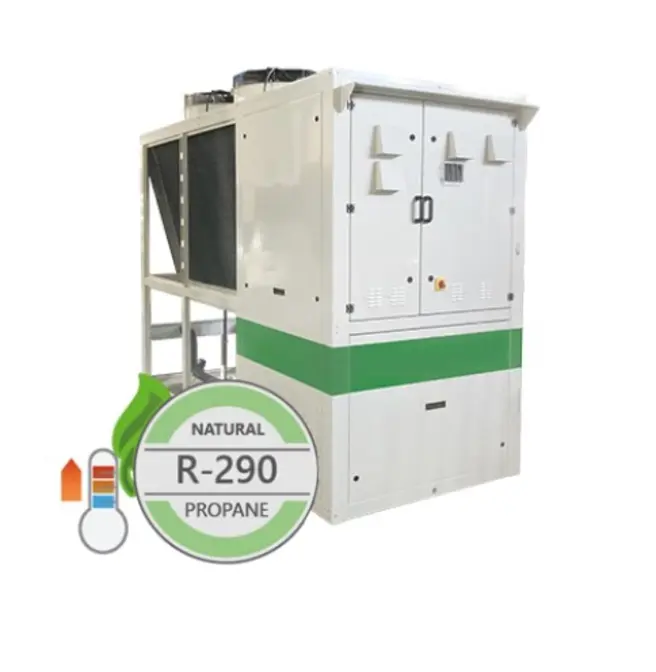
Did you know that businesses can significantly reduce their energy bills and carbon footprints by adopting energy-efficient heating solutions? One such solution is the commercial air source heat pump, an eco-friendly and cost-effective alternative to traditional heating systems. In essence, heat pumps transfer heat from one area to another. An air source heat pump is an attractive option that efficiently transfers ambient heat from outside to inside the building through a refrigeration process. This heat can then be used for various purposes, like underfloor heating, radiators, or hot water supply.
We’ll explore the ins and outs of commercial air source heat pumps and how they can benefit your business and lower your carbon footprint, energy consumption and energy costs for commercial heating and cooling of commercial settings.
Key Highlights
- Commercial air source heat pumps are an energy-efficient, cost-effective solution for temperature control in various types of commercial properties and reduce energy bills/running costs.
- Benefits include increased energy efficiency and reduced operating costs with lower environmental impact (reducing carbon footprint) compared to traditional fossil fuel heating systems with electrical energy that comes from low carbon or carbon neutral sources.
- Factors to consider when choosing commercial air source heat pump systems for your HVAC equipment include temperature requirements, installation & maintenance costs, and government incentives.
- Cheaper installation costs than ground source heat pumps
- A great solution for most commercial buildings and large buildings
- Domestic hot water via an indirect cylinder fed by an air source heat pump
- Heat pumps are environmentally friendly solutions as they improve air quality because they don’t generate fumes of any kind as they are an electric heating powered heating solution
Understanding Commercial Air Source Heat Pumps
Commercial air source heat pumps, also known as commercial ASHP’s (Air Source Heat Pumps), are sustainable, cost-effective solutions for heating and cooling commercial properties. They use the outside air to provide energy-efficient temperature control for commercial applications. They’re suitable for a wide range of property types and purposes, including:
Office buildings
commercial property
Retail shops
Warehouses
Large industrial spaces
Commercial air source heat pumps enhance energy efficiency, decrease operational costs, and improve environmental sustainability and decarbonise, leading to reduced energy bills. To determine a building’s suitability for an air source heat pump, considerations should include existing radiators and temperature requirements, particularly in commercial premises.
When installing heat pumps in commercial heating applications the heating contractor should comply to the MCS scheme, which is a UK-wide programme called the Microgeneration Certification Scheme (MCS) that certifies microgeneration installers, guaranteeing safe, effective, and regulatory-compliant installations. A variety of renewable energy technologies are covered under the programme, such as wind turbines, solar panels, and heat pump systems (air source heat pump, ground source heat pump or water source heat pumps).
How Air Source Heat Pumps Work
Air source heat pumps:
Extract heat from the outside air to warm buildings and provide hot water.
Can also function as air conditioners during warmer months.
Air source commercial heat pumps operate similarly to a refrigerator, but in reverse, using the ambient heat from the outside air as the heat source.
Utilise heat pump technology and electricity.
Compress and circulate a refrigerant to extract heat from the external air and dispense it inside.
Provide heating and hot water efficiently.
Their dual functionality classifies them as a hybrid heating system, acting as a single solution for heating and cooling systems in different climates.
Components of an Air Source Heat Pump
The key components of an air source heat pump include:
The compressor
The heat exchanger
The purpose of the expansion valve is to regulate the flow of refrigerant in the system.
The refrigerant which should have low global warming potential
These components work together to transfer heat energy from the air to the building. The compressor raises the pressure and temperature of the refrigerant gas, enabling effective heat transfer with high efficiency.
The heat exchanger transfers heat from the air to a fluid, which then passes through the heat exchanger, raising the temperature of the fluid and transferring the heat to hot water for heating purposes.
The expansion valve manages the flow of refrigerant gas between the condenser and evaporator, optimising the efficiency of the heat pump and helping businesses reduce their carbon emissions or carbon footprint.
Benefits of Commercial Air Source Heat Pumps
A commercial heat pump or commercial heat pump systems, offer numerous benefits, such as improved energy efficiency, reduced operating costs, and a lower environmental impact compared to a traditional heating system and water source heat pumps. They operate at an efficiency rate of between 300 and 400%, significantly higher than traditional heating system powered by fossil fuels.
Their lower maintenance costs, compared to gas boilers, contribute to the total savings on service and upkeep of a gas boiler.
Often used in conjunction with our heating and cooling units which are ideal for commercial buildings such as warehouses, factories, supermarkets, car show rooms etc.
R290 refrigerant benefits
The heat pump market for commercial settings is rapidly moving to R290 propane refrigerant heat pump units, with the main reasons being –
- The lower global warming potential of R290 -with extremely low environmental impact (GWP = 3)
- R290 heat pump technology enables the supply of high-temperature hot water up to 70C for commercial heating and /or domestic hot water production
- Provides a commercial high temperature heat pump
R290, which is propane, has advantages such as affordability, easy accessibility, and low pressure, making it a very attractive option.
In addition, propane has many other advantages that may appeal to consumers: it boasts exceptional heat efficiency, with a coefficient of performance (COP) approaching 4 plus, and it can supply high-temperature hot water with a temperature difference (Delta T) ranging from 10°C to 20 °C. These characteristics make it particularly well-suited for boiler replacement in most commercial buildings and even district heating schemes.
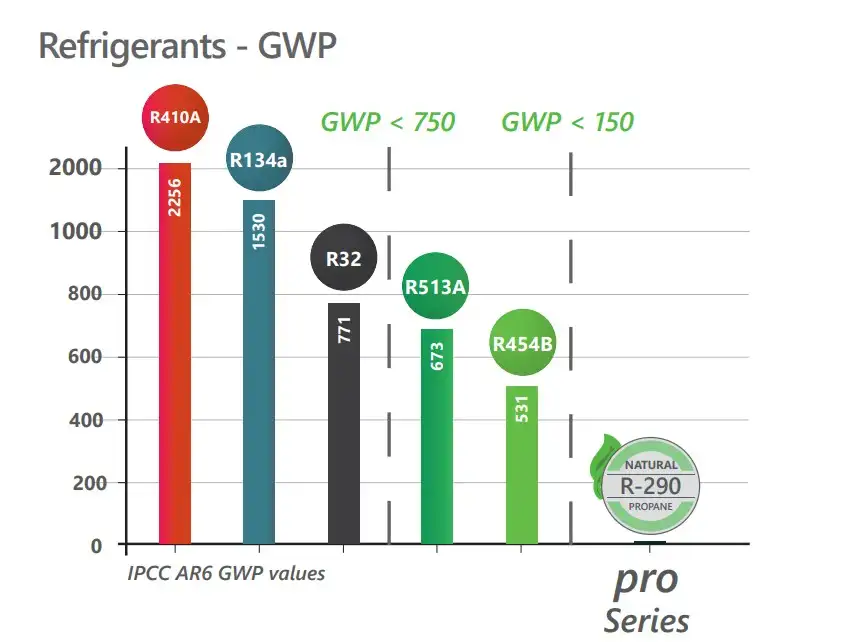
R290 Low GWP (Global Warming Potential) refrigerant for sustainable heating solutions – compared to existing refrigerants used in a air source heat pump
Higher water temperatures
We have two ranges – the Ziran Pro air source heat pump range – which can produce hot water up to 70°C even at an outdoor air temperature of 0°C, or the Ziran Pro maxima air source heat pump range, which can produce hot water up to 75°C with an outdoor air temperature of 0°C.
This really does make installing heat pumps a viable option for direct replacement of gas or oil boilers, with these higher water temperature air source heat pump range.
Energy Efficiency
Air source heat pumps are highly energy-efficient, using less electricity than conventional heating systems and reducing overall energy consumption. Their Coefficient of Performance (COP) represents their efficiency in converting electrical energy into heat, with values typically 4 plus. This is notably higher than a traditional heating system, such as electric resistance heaters, which have a COP of 1.
Air source heat pumps maintain high efficiency during variable weather conditions by extracting heat from the external air and using it to heat the commercial buildings, even in cold weather dwon to minus 15°C.
Cost Savings
Air source commercial heat pumps allow businesses to save on energy bills and enjoy a solid return on investment, potentially saving thousands of pounds annually. Several factors can affect cost savings, including:
Size and efficiency of the heat pump
Installation costs
Incentives/rebates/energy savings
Overall fuel cost/energy costs savings
The initial cost of the heat pump
The size of the business premises directly correlates with the cost savings from commercial heat pumps for space heating. Therefore, sizing the heat pump system accurately according to the size of the commercial building optimises cost savings and fuel bills.
Environmental Impact
Commercial air source heat pumps, as well as ground source heat pump systems, utilise renewable energy sources and produce fewer greenhouse gas emissions, contributing to a more sustainable and greener future. Studies have shown that employing air source heat pumps in non-domestic buildings can result in a reduction in carbon emissions of up to 65-70% compared to traditional gas boilers or direct electric heating systems.
Global implementation of heat pumps in place of traditional boilers could cut global CO2 emissions by 3 gigatons annually for HVAC systems.
Factors to Consider When Choosing Air Source Commercial Heat Pumps
Selecting an air source heat pump requires consideration of factors like the building temperature requirements, insulation levels, and the associated installation and maintenance costs in commercial applications. These factors can affect the heat pump’s overall efficiency and cost-effectiveness, necessitating their evaluation before a decision is made.
Temperature Requirements
Commercial properties have diverse temperature needs, hence the need to select a heat pump capable of meeting these requirements efficiently. Our commercial ASHP range can operate with outdoor ambient air temperatures ranging from minus -15°C to plus 45°C.
Selecting an air source heat pump capable of meeting the demand at a range of outdoor air temperatures is important, as is consulting with manufacturers or mechanical consultants to identify the most suitable commercial air source heat pump for a specific air conditioning application.
Installation and maintenance costs
The varied installation and maintenance costs of commercial air source heat pumps warrant consideration in the decision-making process. The installation process of an air source commercial heat pump can significantly impact its overall cost given that the initial outlay for purchasing and installing a heat pump tends to be higher than for conventional heating solutions, especially when it comes to ground source heat pumps, for example.
Our Commercial Air Source Heat Pump Range
Maximizing the ratio of heating or cooling energy to electricity drawn from the network is a priority in unit design. Commercial heat pumps work more effectively when the coefficients COP (heating) or EER (cooling) are higher. The higher these coefficients, the more effectively commercial heat pumps work.
We can cascade up to 5 units, so a maximum of 1,264 kW at 35C flow temperatures, the maximum in a single unit is a 252.8 kW heat pump.
Firstly our 41.5kW heating / 33.4 kW cooling to 124.9kW heating / 92kW cooling heat pump units
Then the larger heat pump range from 137.9 kW heating / 113.5 kW cooling to 252.8 kW heating / 193 kW cooling heat pump units
Notes for the above data tables
(1) Nominal cooling capacity for a water inlet/outlet temperature of 12/7ºC and an outdoor air temperature of 35°C . Capacities calculated with a fouling factor in the plate heat exchanger of 0.43*10E-4 (m²K/W).
(2) Nominal power absorbed by compressors and outdoor fans.
(3) EER and COP calculated according to EN 14511-2018 standard.
(4) Seasonal efficiencies calculated according to EN 14825:2022.
(5) ɳs,c values in compliance with EU eco-design Regulation EU 2016/2281 for comfort applications. ɳs,h values in accordance with eco-design under EU Regulation UE 813/2013 for heat pump applications
(6) Nominal heating capacity for a water inlet/outlet temperature of 30/35ºC and an outdoor air temperature of 7ºC. Capacities calculated with a fouling factor in the plate heat exchanger of 0.43*10E-4 (m²K/W).
(7) Seasonal Coefficient of Performance (SCOP) and seasonal heating energy efficiency (ɳs,h) calculated for low-temperature applications and moderate climate.
(8) Seasonal Coefficient of Performance (SCOP) and seasonal heating energy efficiency (ɳs,h) calculated for medium-temperature applications and moderate climate.
(9) Sound pressure level in dB(A) measured in a free field at 10 m from the source and with directivity
Download the Ziran Pro commercial air source heat pump brochure from Flexiheat UK
Download the Ziran Pro Commercial Air to Water heat pump manual
This range are a monobloc commercial heat pump meaning all system components are packaged in a single outside unit, including the fully charged refrigerant system components, electronics, and a heat exchanger from refrigerant to water.
Controls for our heat pumps
The electrical control panel which helps to reduce operating costs and carbon emissions is designed and installed in a separate compartment from the refrigeration circuit in our air source heat pumps for commercial applications. The control panels vary depending on the communication protocols required for the air source heat pumps.
UK Government Incentives and Support for Commercial Air Source Heat Pumps
Government incentives and support programs like the Boiler Upgrade Scheme (BUS) can aid businesses in reducing the costs of installing commercial air source heat pumps and encourage the embrace of environmentally friendly heating solutions and help reduce climate change.
The Renewable Heat Incentive (RHI) was a government incentive and support program designed to encourage the uptake of renewable heat technologies (This has now closed as at the 31 March 2022 and is superseded by the new boiler upgrade scheme. The Boiler Upgrade Scheme provides up to £7,500 towards installation costs for low carbon heating systems in commercial and non-domestic properties. These programs can assist businesses with the cost of installing commercial air source heat pumps and promote the use of environmentally-friendly space heating solutions.
For more on this please see the UK government webpage on the boiler upgrade scheme (BUS) for commercial applications here
Summary
In conclusion, commercial air source heat pumps offer businesses an energy-efficient, cost-effective, and environmentally friendly solution for heating and cooling their properties. With numerous models, government incentives and support programmes, and a range of factors to consider when choosing the right heat pump, businesses can make informed decisions that lead to significant cost savings and a reduced carbon footprint. By adopting commercial air source heat pump technology, businesses can contribute to a greener, more sustainable future. Call us on 01202 822221 or use the email contact form above.
Frequently Asked Questions
Are heat pumps suitable for commercial buildings?
Yes, commercial heat pumps are suitable for commercial buildings as they use natural thermal energy from the air, ground, or water and turn it into heat. Cascaded systems also provide an affordable and reliable option for businesses with fluctuating heat demands. Thus, commercial heat pumps offer a suitable alternative to traditional gas boilers with lower running costs.
What is an air source heat pump for commercial use?
Commercial air source heat pumps are an alternative to traditional gas boilers. Air source commercial heat pumps work by taking natural thermal energy from the air and using electricity to drive a thermodynamic cycle to generate heat for a building. Business properties use them to provide hot water and heating systems.
How does a commercial heat pump system work?
A commercial heat pump system works by extracting heat from an outside source, such as the air, ground, or water, and amplifying it to a higher temperature for use in heating applications. It is similar to a refrigerator or air conditioner and can be used as an air-to-water or air-to-air heat pump system.
What government incentives and support programmes are available for businesses installing commercial air source heat pumps?
Businesses can benefit from government incentives and support programmes, such as the Boiler Upgrade Scheme, to help offset the costs of installing commercial air source heat pumps and promote the adoption of sustainable heating solutions.

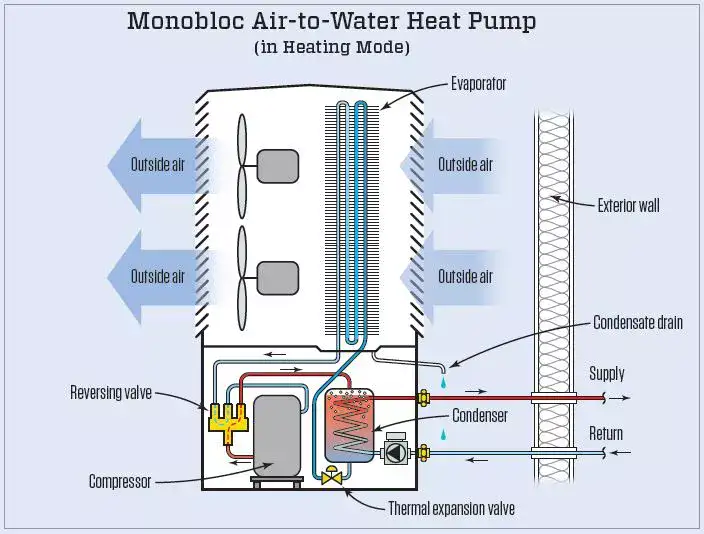
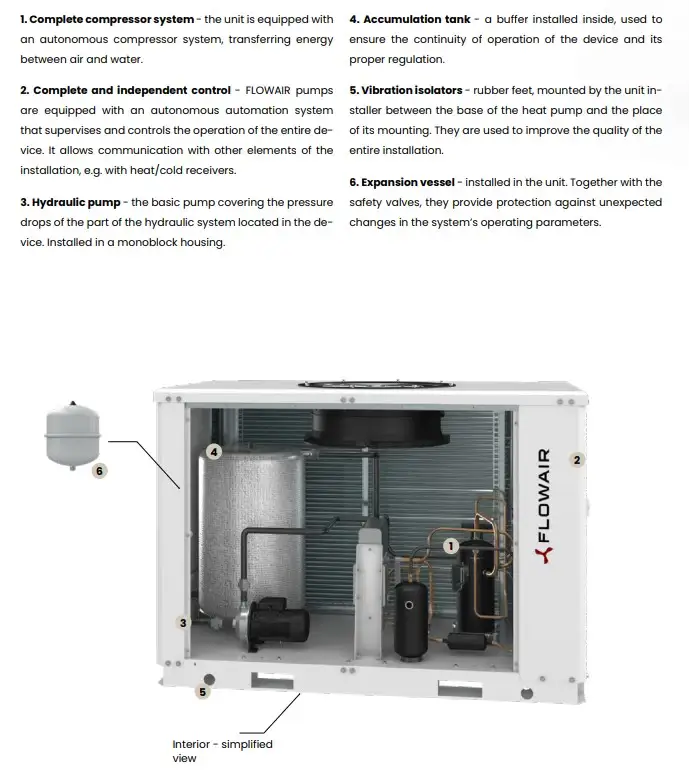
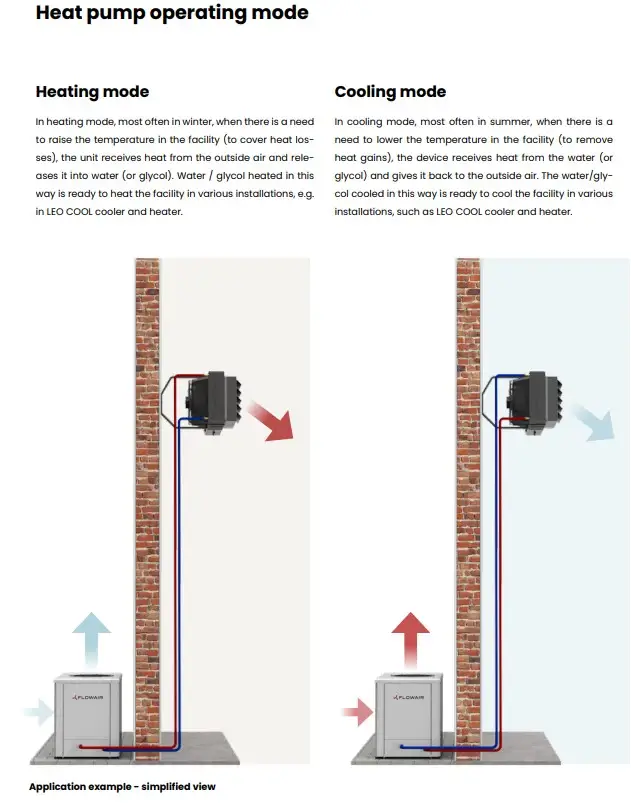
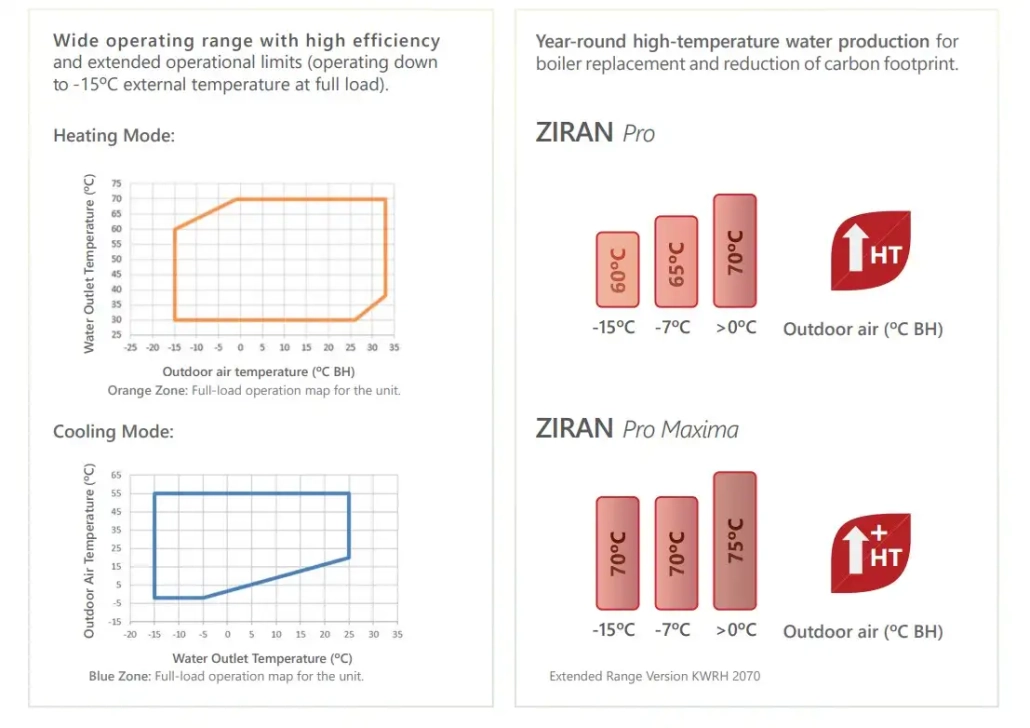
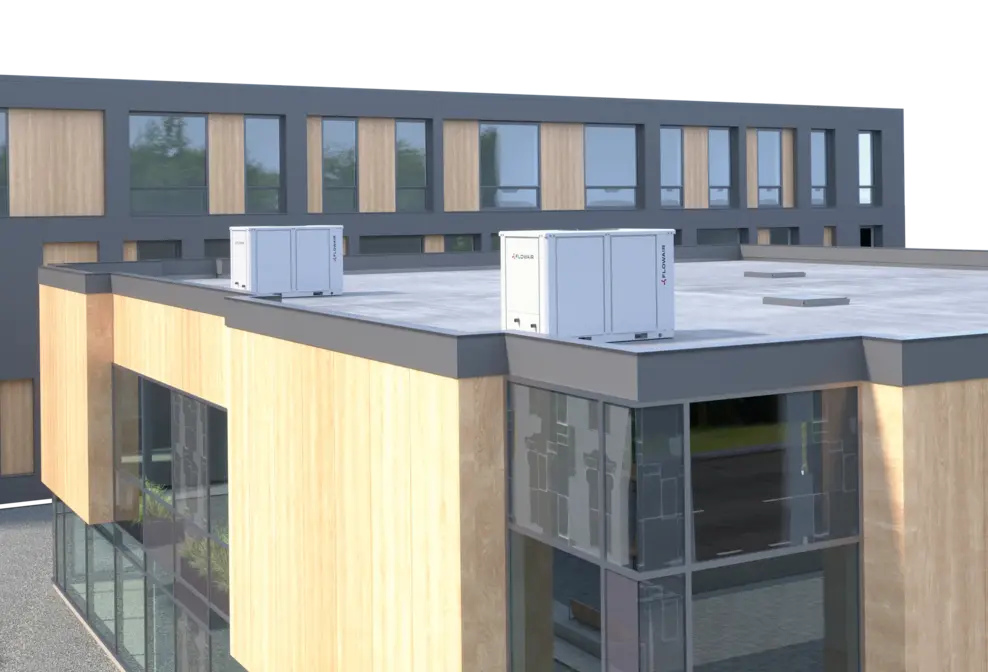
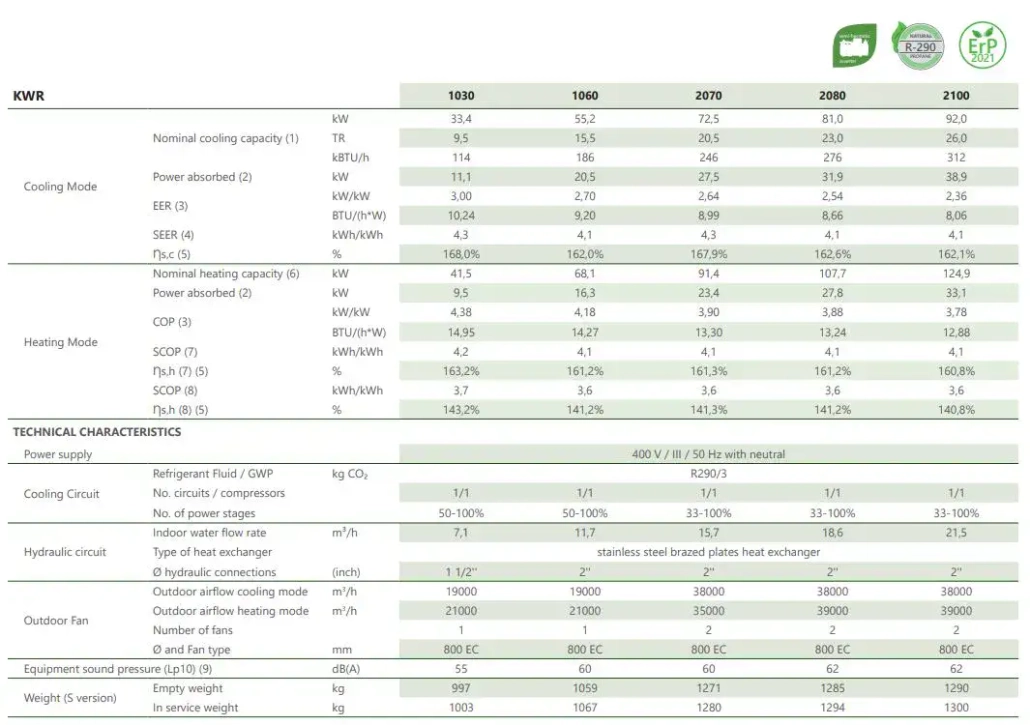
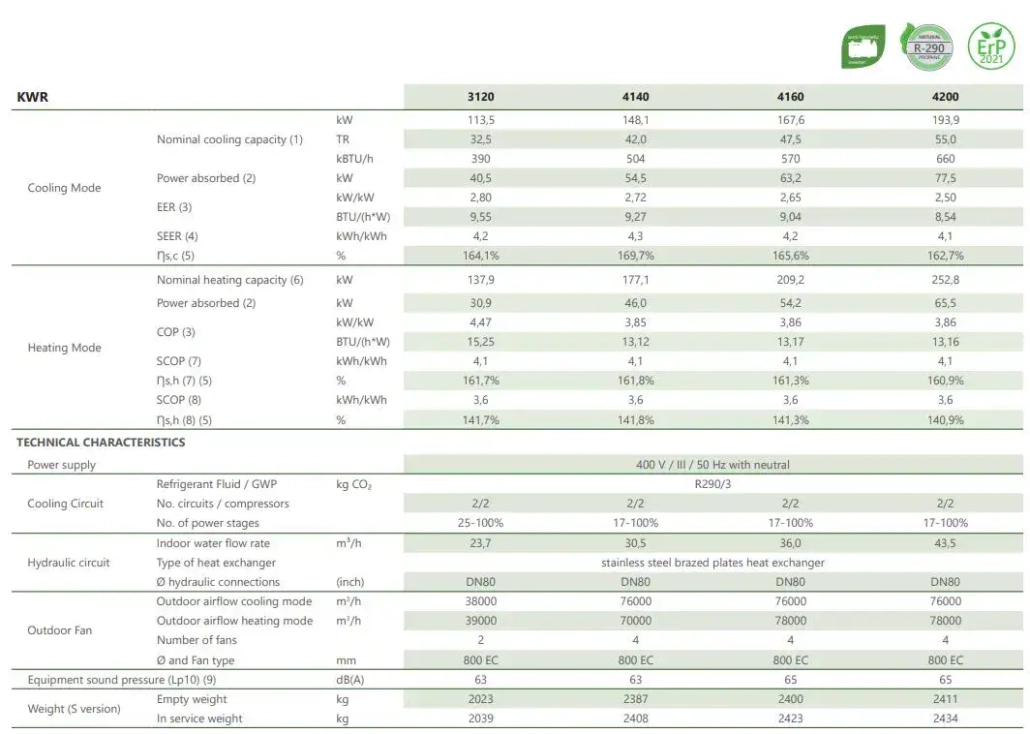
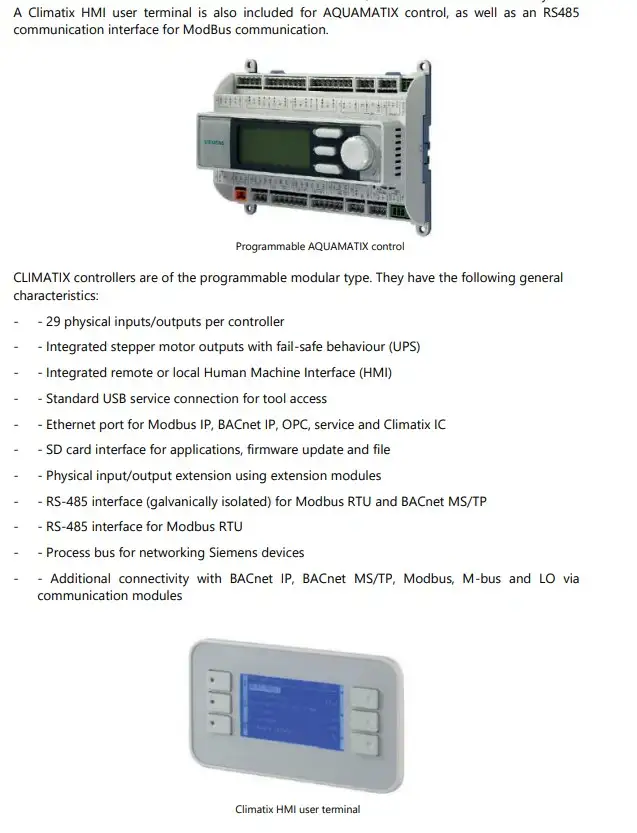

 Flexiheat UK
Flexiheat UK Flexiheat UK
Flexiheat UK